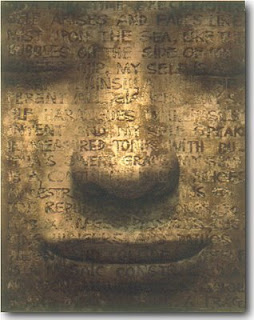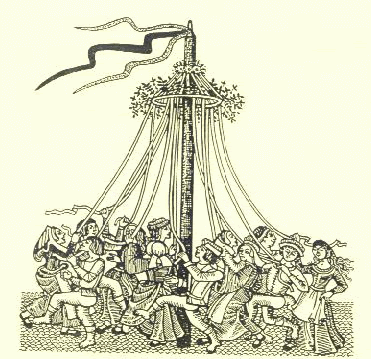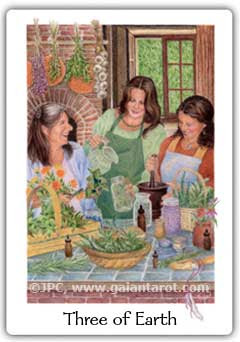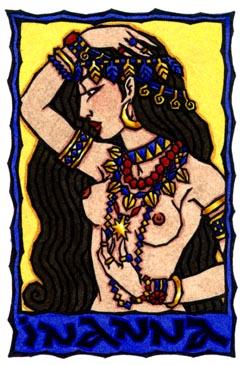What a splendid, busy weekend I had. Adonis celebrates his birthday tomorrow, and in our family, since we’re Pagan, we live in alignment with a natural force called “happy birthday, it’s my birthday!” As one’s birthday draws nigh, one can express any whim and one’s partner must happily comply. Proximity to the birthday increases the force. For example, last Wednesday evening Adonis asked for something - I forget what - and said, “happy birthday, it’s my birthday?” Though I felt the pull of the birthday, it was still a week away, and the force wasn’t yet strong enough. I didn’t comply with his wish to see Spiderman 3, or eat fried food, or rub his feet, or whatever it was. (Generally, however, I’m more than happy to comply with the latter two requests, birthday or no.)
But on Friday, during an email exchange about which movies to see over the weekend, the force of the birthday had clearly grown, and I could no longer resist. Luckily for me, the movie he wanted to see on Friday was “Waitress,” which we both enjoyed. (Captain Malcolm Reynolds was adorable.) But on Sunday, the movie was “Pirates.” Adonis loves summer blockbusters, no matter how awful; I don’t. Still, it’s surprising how much you can enjoy a movie when you go willingly and for your beloved. That, combined with the mercy of low expectations and Johnny Depp, made for another happy movie outing.
We also spent lots of time with Lugh, slept in, went to the farmers' market, managed some house cleaning, read, blogged, and attended social events Saturday, Sunday, and Monday. Finally, and to my relief, I finished a piece of art I’ve been working on for my nephew, in time for his first birthday this week. (We travel for his birthday party this weekend.)
Sunday’s social event was a birthday party for a friend, a Witch, and there was a somewhat impromptu ritual in her honor. She has a much higher tolerance for fluffernutters than I do; I sat in ritual going slightly mad (silently chanting “try to keep an open mind, try to keep an open mind”). The woman priestessing did a fine job. She’s an acquaintance and someone I see only on occasion. While relatively new to the Craft – within the last five years or so - she’s had excellent training at Diana’s Grove, and has become by all appearances a happy, grounded, and skillful Witch.
But despite her suggestion, as the circle began, that those who call the directions do so in the spirit of acknowledgment ("the elements are always present") rather than invitation or invocation ("welcome, spirits of the East," etc.), some of the volunteers used the same old potted language. It wasn’t quite “all hail the guardians of the watchtower of the East,” but it was close enough. Uninspired, in other words.
Then there was the guy who was all “merry meet and merry part,” but who put his plastic cup of wine of the hostess’s altar, and when gently informed that he’d done so, decided he’d wanted the wine to be blessed – all without the hostess’s permission! I have a hard time being in circle with people who won’t meet my gaze, or people who talk while the priestess is talking. But the main issue, really, is that I felt powerless to do anything but sit there and seethe. I’d love to hear from you about more empowered ways to deal with this kind of situation; I’m sure most of you have been there!
 (Painting by Kazuya Akimoto)
(Painting by Kazuya Akimoto)
































